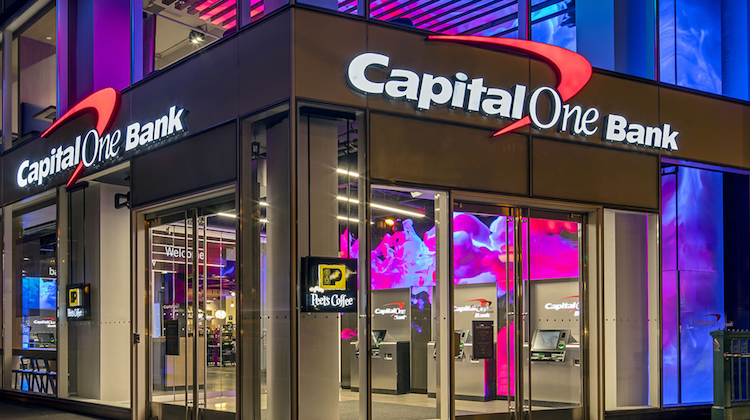Payments
How Capital One wants to make online shopping safer
- A new feature for Capital One credit card holders creates “virtual numbers” so customers don’t have to share their all-purpose credit card numbers and risk any level of identity theft
- Virtual numbers could be a cart abandonment play that helps online retailers and validates the notion that banks make natural partners to them, rather than competitors








